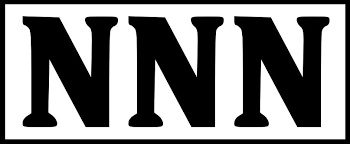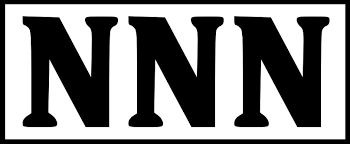WEMBLEY, England — This Saturday, Sheffield United go head-to-head with Sunderland in the Championship play-off final, game of huge significance where promotion to the Premier League dey on the line. If Sheffield United win, dem go join the ranks of US-owned teams in the top flight, marking a new era of American influence on English football.
As it stands, if the Blades secure victory, dem go become the 12th club owned by American investors in the Premier League, bringing the total to closer to the two-thirds majority of 14 wey dey required to make serious changes to league rules. The growing number of US-owned teams raises questions about the potential impact on the English football landscape, characterized by promotion and relegation traditions.
Sheffield United, currently under the ownership of COH Sports, could tip the balance with their US connection, just as Everton did last December under the Friedkin Group. Though Ipswich Town has been relegated, the promotion of Leeds United and Burnley ensures a solid US presence in the Premier League, as US interest in EFL clubs also grows sharply.
Twenty years ago, the Glazer family acquired Manchester United, sparking a wave of American investments in English football despite the controversies that often follow. The heavy debts incurred by United, and past issues with American owners like George Gillett and Tom Hicks at Liverpool, have left some fans skeptical. As one fan commented: “Many of us remain wary of how Americans view our beloved game – as a profit-generating machine.”
While it is true that some American owners have made considerable profits, the motives oftentimes remain financial. Former NFL star JJ Watt, as a minority investor in Burnley, highlighted the opportunity presented by the different market values of football in the UK compared to American sports, emphasizing his ambition to participate actively in the club’s development.
As interest in the Premier League heightens globally, US investors are banking on ways to generate revenue through broadcasting and sponsorship deals. But the growing trend has raised concerns about the future fabric and community aspects of English football, particularly as some Americans stress a desire to Americanize the league.
Niall Couper, chief executive of Fair Game, expressed that the franchise mentality promoted by many owners could threaten traditional elements of recruitment and community bonds inherent in football culture. “Having two-thirds of clubs owned by Americans is a clear and present danger to the game’s structure,” he stated.
Culture Secretary Lisa Nandy offered a counter perspective, stating she believes American owners can contribute positively and fortify the overall football structure in the UK: “I’m relaxed about the fact we’ve got owners from all around the world. What I want is to ensure that the Premier League is built on firm foundations.”
The ongoing discussions about potential international games indicate that American owners might push for broader expansion, considering a model that would prioritize global revenues over local support. Discussions on things like the ’39th game’ have resurfaced fears among fans.
As the outcome of Saturday’s match in Wembley unfolds, all eyes will be on the implications that a Sheffield United win could have: both on US investment trends and the future of competitive integrity in English football.
Do you have a news tip for NNN? Please email us at editor @ nnn.ng


